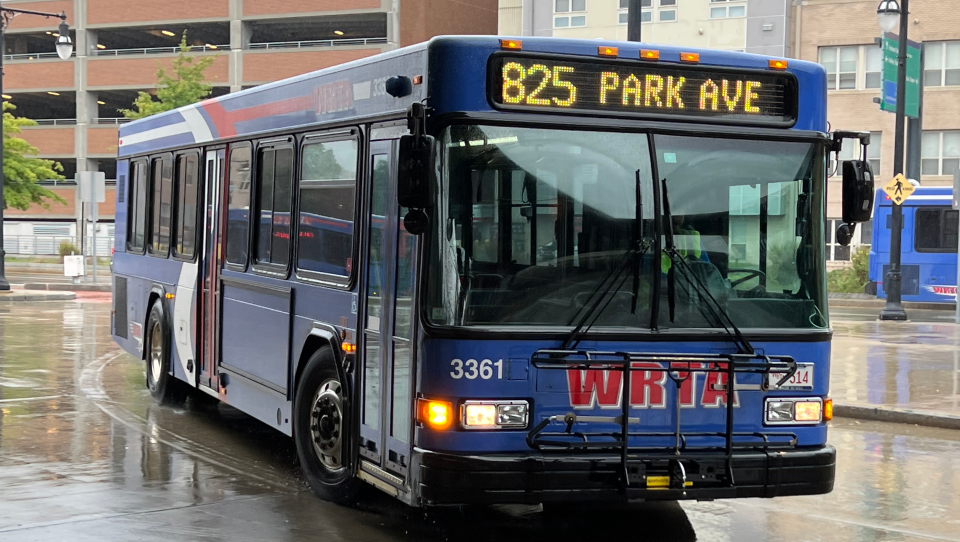Buses in the Worcester area will remain free for at least another nine months after a Worcester Regional Transit Authority advisory board unanimously voted Thursday to continue its fare-free policy.
The WRTA is one of the few transit systems nationwide with a fare-free policy.
The agency suspended fares in March 2020 in response to the COVID-19 pandemic. Board members have since voted multiple times to extend the policy amid growing public support for free buses and an infusion of federal stimulus funding to make up the difference of lost fare revenue, which was about $3 million annually.
The most recent extension of the fare-free policy was supposed to expire at the end of 2022. But during a WRTA board meeting Thursday, members agreed continuing it through June 2023 will help lower-income riders who may be struggling with other costs of living due to high inflation."
“I’m excited about this opportunity,” said board member Jacquelyn Ryan, who’s also a Southbridge town councilor. “This is something we … as a community have been eager to continue to support.”
Thursday’s vote followed advocacy from Worcester elected leaders, business officials and transit advocates to extend the no-fare policy. Board chair Gary Rosen noted that the board received a letter from Worcester Regional Chamber of Commerce CEO Tim Murray calling for the extension.
Anne Bureau of the Worcester Zero Fare Coalition also told the board during the meeting that the policy has helped increase bus route efficiency and has coincided with more ridership. In fact, soon after her comments, WRTA officials presented the board with data showing the transit system is on track to have three million riders in 2022, which would be the highest in three years.
“Public transportation is a public good,” Bureau said. “[Zero-fare] has made a huge difference for families and businesses within our community.”
Susan Moynagh exemplifies that. Moynagh, who’s disabled with arthritis and doesn’t drive, told GBH News she rides the bus regularly to visit the doctor and run other errands. She said she lives on a fixed income, so the free-bus policy helps her save for other expenses.
“It’s a life-saver,” Moynagh said. “I’m on a very tight budget right now. And everything — the cost is going up.”
Despite the widespread support among WRTA board members for the fare-free policy extension, several of them expressed uncertainty about continuing the program past June 2023. WRTA officials have said they’ll eventually run out of federal money to make up for the lost revenue.
Board member Robin Grimm, a Sturbridge town administrator, suggested creative solutions like implementing a sliding scale policy that brings back fares but keeps buses free for lower-income riders.
“Free ridership [for someone] under $25,000 income,” Grimm said. “Somebody who has a household income of $60,000 may be able to afford the $2 [fare].”
Board members agreed to consider a longer-term no-fare program in spring 2023 when they discuss the transit agency’s annual budget.








